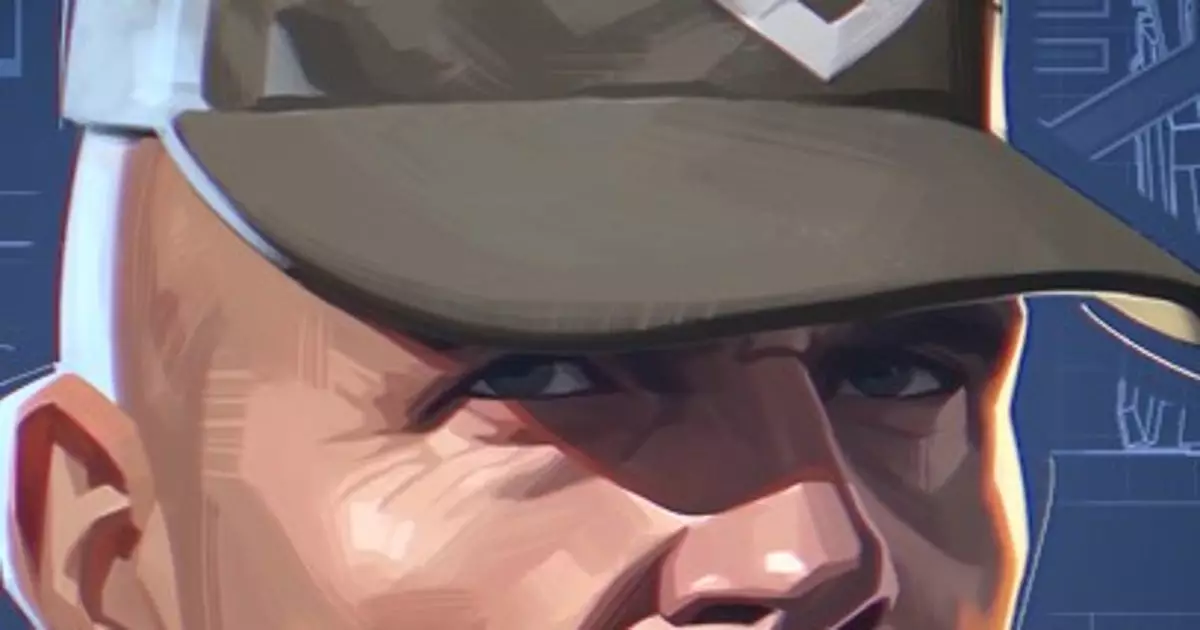In today’s gaming landscape, the approach to seasonality and content updates has transformed the way players engage with titles they love. The advent of live-service games has ushered in an era where fresh content is delivered at an unprecedented pace, keeping players on their toes while also reshaping their expectations. Reflecting on this shift, one can’t help but wonder how a gaming enthusiast from a different generation would react to such a format dominated by ephemeral novelties.
Imagine a younger version of yourself, immersed in classic psychological horror games, such as The Suffering. This gamer is locked in a world where the joy of discovery stems from replaying narratives that unfold differently based on previous choices. The thrill comes from uncovering facets of the storyline that are deeply intertwined with personal decisions—an experience painstakingly crafted into a compact, polished package. Now, fast forward to today’s youth, who are knee-deep in a fast-paced battle royale like Fortnite. The contrast is stark; once, gamers were patient seekers of hidden lore, now they are trained to expect constant and immediate rewards.
This generational gap in gaming cultures presents an interesting dichotomy. While nostalgia pays homage to single-player experiences rich in narrative depth, modern players immerse themselves in a dynamic world of seasons and updates, where new skins and characters are favored over prolonged storylines. In many ways, these “toys” serve as the carrots dangled to reignite interest in familiar mechanics.
One of the highlights of current gaming models is the allure of new updates—content that seems to endlessly pour out from developers. A game like Mechabellum operates on this principle exceptionally well. With the launch of its second season alongside patch 1.2, players are treated to new characters, cosmetic upgrades, and gameplay tweaks, thereby enhancing their strategic options. The introduction of a new unit—the Raiden, a formidable flying machine that unleashes bolts of lightning—illustrates how each season can dramatically shift gameplay dynamics and player strategies.
The continuous evolution of gameplay keeps players engaged and allows for fresh tactical possibilities. The former generations of gamers may have difficulty understanding how minute changes can elicit such excitement, but it is precisely this blend of novelty and refinement that the modern player craves. There’s an edge to these seasonal updates that encourages players to adapt quickly, charting new paths through both the game’s mechanics and society’s expectations in the fast-moving cultural sphere of gaming.
In the case of Mechabellum, the strategies employed reflect not just an intellectual engagement with the game but also a profound emotional experience—a duality that was just as relevant in earlier gaming eras. Each match becomes a battleground not only for the player’s tactical prowess but also an arena to engage with complex feelings of satisfaction and even frustration. The presence of new specialists, such as the Intensive Training Expert, adds another layer of decision-making that illustrates the balance of risk and reward—the fire-and-forget strategy appealing to those who relish setting the stage for ultimate confrontation.
Yet, beneath the excitement lies an undeniable craving for that tactile thrill. The enjoyment of one’s plans falling into place after a carefully orchestrated plan resonates with players on a deeper level—to witness their opponent’s strategies unravel can be both triumphant and disheartening simultaneously. It echoes the timeless allure of gaming: the victory that comes not just from execution but from the emotional and mental investment woven into the very fabric of gameplay.
As gaming continues to evolve, the dialogue between nostalgia and innovation becomes ever more critical. While some lament the loss of deeply narrative-driven single-player experiences, others embrace the excitement of live-service structures and their ability to continually engage a diverse audience. The vibrant changes appear designed to adapt to the fast-paced world in which we find ourselves—an exhilarating ride for those willing to join. Ultimately, the future of gaming might well hinge on its ability to weave together the thrill of new content with deeply satisfying emotional and tactical engagements, continuing a legacy rich with possibility.


Leave a Reply